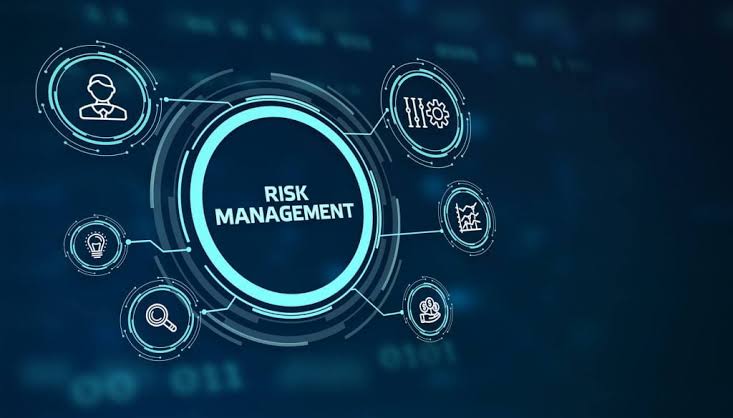
The Impact of Inflation on Your Finances
Inflation is a measure of the rate at which the overall level of prices for goods and services is rising. It can have a significant impact on your finances, both positively and negatively.
One of the most direct impacts of inflation is on the purchasing power of your money. As prices rise, the same amount of money can buy you less than it could before. This means that your money loses value over time, and you need more of it to maintain your standard of living.
Inflation can also affect your savings and investments. If you have money saved in a low-interest savings account, the interest you earn may not keep up with the rate of inflation. This means that the real value of your savings is actually decreasing. On the other hand, if you have invested in stocks or other assets that tend to perform well during periods of inflation, the value of your investments may increase.
Inflation can also impact your debt. If you have a fixed-rate loan, such as a mortgage, the value of your debt does not change as inflation increases. However, if you have a variable-rate loan, such as a credit card or personal loan, the interest rate on the loan may increase as inflation rises, making it more expensive to repay the debt.
Inflation can also affect your employment and income. During times of high inflation, companies may raise prices to keep up with the cost of goods and services, which can lead to an increase in unemployment. It can also lead to higher wages for workers, which can help to offset the impact of rising prices.
To mitigate the impact of inflation on your finances, it is important to have a well-diversified investment portfolio that includes assets that perform well during periods of inflation. It’s also important to have an emergency fund to cover unexpected expenses, and to consider fixing the rate of your loans to avoid the risk of interest rate increase. Additionally, budgeting and saving money are key to ensure that you are prepared for potential inflationary periods.
In conclusion, inflation can have a significant impact on your finances, both positively and negatively. To mitigate its impact, it is important to have a well-diversified investment portfolio, an emergency fund, and to consider fixing the rate of your loans. Additionally, budgeting and saving money are key to ensure that you are prepared for potential inflationary periods. It is also important to stay informed about inflation trends and to adjust your financial plan accordingly.
Join our list
Subscribe to our mailing list and get interesting stuff and updates to your email inbox.







Responses